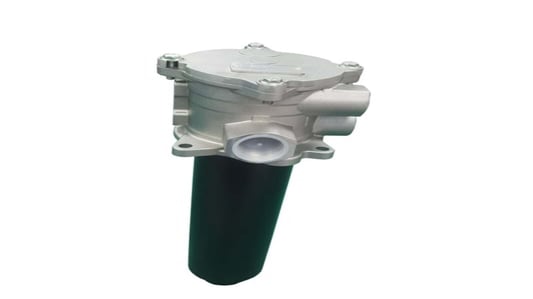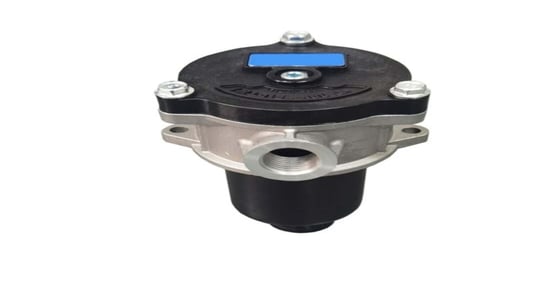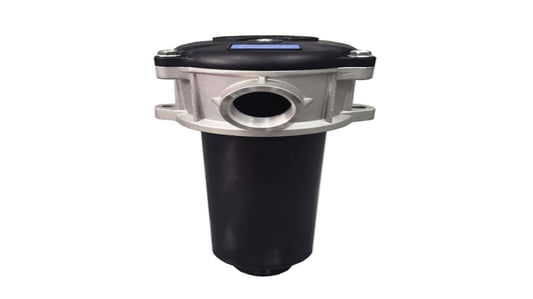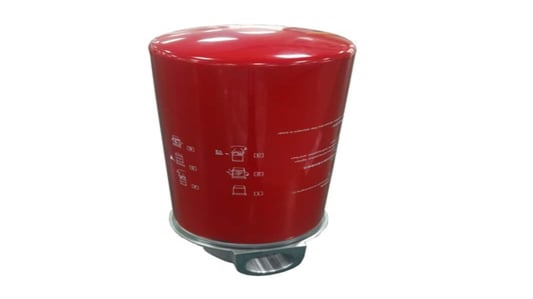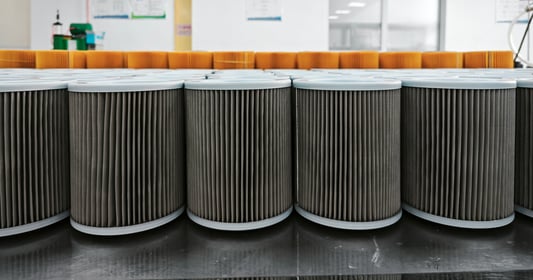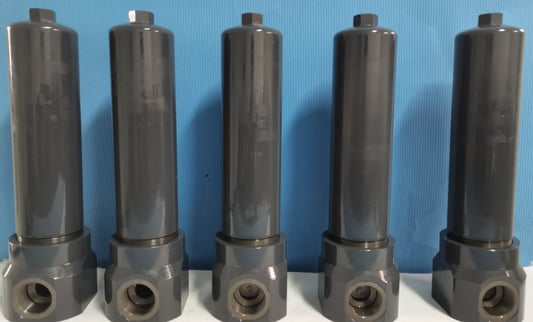Importance of Custom Hydraulic Filtration SolutionsCustom hydraulic filtration solutions are essential for heavy machinery applications to ensure optimal performance and longevity. These specialized filters help remove contaminants and impurities from hydraulic fluid, preventing damage to critical components and reducing the risk of system failure. By investing in custom filtration solutions, businesses can improve the efficiency and reliability of their heavy machinery.Types of Hydraulic Filtration SolutionsThere are various types of hydraulic filtration solutions available for heavy machinery applications, including in-line filters, offline filtration units, and kidney loop filtration systems. Each type has its unique benefits and applications, depending on the specific requirements of the equipment. Custom solutions can be tailored to meet the exact needs of the machinery, ensuring maximum effectiveness.Benefits of Custom Filtration SolutionsCustom hydraulic filtration solutions offer several advantages over standard off-the-shelf filters. By customizing the filtration system to the machinery's requirements, businesses can achieve higher levels of performance, efficiency, and reliability. Custom solutions also help reduce maintenance costs and downtime, as they are designed to effectively capture and remove contaminants.Enhancing Equipment LongevityOne of the primary benefits of custom hydraulic filtration solutions is their ability to extend the lifespan of heavy machinery. By effectively filtering out contaminants such as dirt, debris, and water, custom filters help prevent wear and tear on critical components, leading to fewer breakdowns and costly repairs. Investing in custom solutions can significantly increase the longevity of equipment.Improving System PerformanceCustom hydraulic filtration solutions can also improve the overall performance of heavy machinery. By maintaining clean and uncontaminated hydraulic fluid, custom filters help optimize system operation, ensuring smooth and efficient functionality. This, in turn, leads to increased productivity, reduced energy consumption, and enhanced equipment performance.Ensuring Regulatory ComplianceCustom filtration solutions for heavy machinery applications are designed to meet and exceed industry standards and regulations. By using custom filters that are specifically tailored to the machinery's requirements, businesses can ensure compliance with environmental and safety regulations. Custom solutions help protect both the equipment and the environment from harmful contaminants.Reducing Maintenance CostsCustom hydraulic filtration solutions can help businesses save money on maintenance costs in the long run. By effectively capturing contaminants and preventing damage to critical components, custom filters reduce the need for frequent maintenance and repairs. This can result in significant cost savings over time, making custom filtration solutions a worthwhile investment.Minimizing DowntimeDowntime can be costly for businesses that rely on heavy machinery for their operations. Custom hydraulic filtration solutions help minimize downtime by preventing system failures and breakdowns caused by contaminated hydraulic fluid. By investing in custom filters, businesses can keep their equipment running smoothly and avoid costly downtime.Custom Filtration Solutions for Specific MachineryDifferent types of heavy machinery have unique requirements when it comes to hydraulic filtration. Custom filtration solutions can be designed and customized to meet the specific needs of each type of equipment, whether it's construction machinery, agricultural equipment, or industrial machinery. Custom solutions ensure optimal performance and protection for each type of machinery.Choosing the Right Filtration ProviderWhen selecting Custom Hydraulic Filtration Solutions for Heavy Machinery Applications, it's essential to choose a reputable and experienced filtration provider. Look for a provider that offers a wide range of custom filtration options, uses high-quality materials, and has a track record of delivering reliable solutions. By partnering with the right filtration provider, businesses can ensure the longevity and efficiency of their heavy machinery.Quote InquiryContact us


